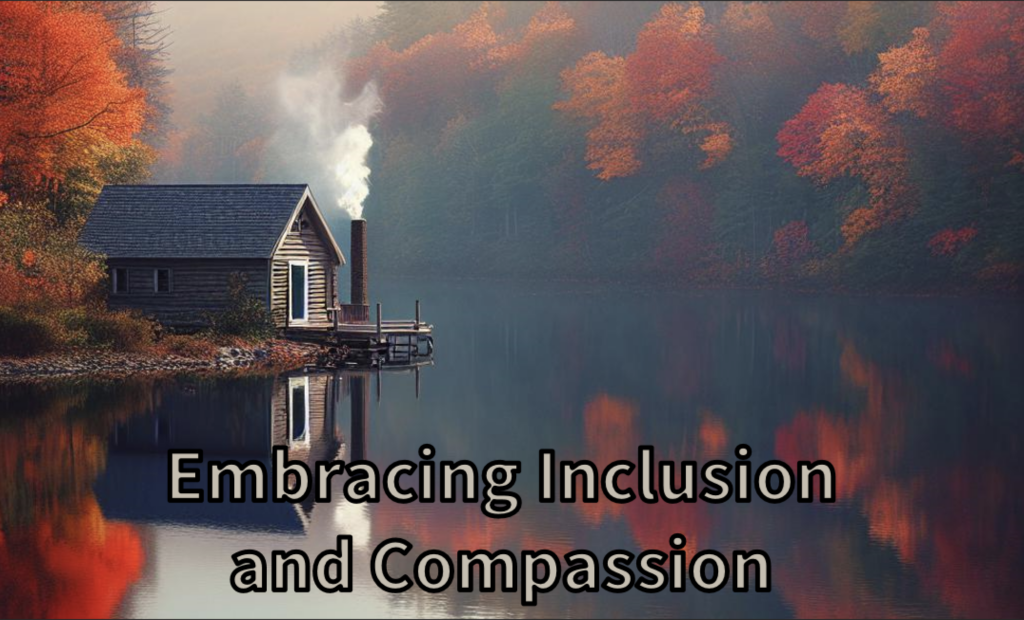Insights into Growth and Inner Peace

Embracing Inclusion and Compassion
A person of depth and character possesses a heart that embraces all – a heart that tolerates what the world finds intolerable, demonstrating an extraordinary air of sophistication.
Such individuals do not dwell on trivial disputes but understand the art of concession and live life with a transparent ease. They are considerate, empathetic, and can fathom the hardships of others, forgiving their faults. The capacity to empathize and understand determines the breadth of the path we walk.
Cultivating Strength of Character
Be a person of strength and integrity. Regardless of how others treat you, cherish and honor yourself to live up to that inner sense of pride. In your own world, be righteous and good; in the world of others, let things take their natural course.
Love yourself unconditionally, embracing acceptance, serenity, and confidence. Lead a life that is ordinary yet remarkable, passionate yet steady, avoiding vanity, complaints, and unnecessary entanglements. Embrace every moment with sincerity and dedication, finding your way and making it worthwhile.
The Art of Relaxation
It’s vital to learn the art of relaxation and to maintain a sense of calm in the chaos of life. Constant strain and effort can lead to exhaustion and drain our enthusiasm. By cultivating a sense of detachment and tranquility, we alleviate life’s anxieties and unnecessary internal conflicts. For the things beyond our control, we learn not to over-engage or worry excessively.
Those who master the art of relaxation live with a serene and natural demeanor, controlling the rhythm of their lives and allowing the universe to unfold as it should.
The Journey from Hardship to Sweetness
Life is a journey each of us must walk alone, bearing our burdens and facing our challenges. Everyone carries unseen sorrows and silent tears; no one is spared by time. Behind every facade of success and happiness, there are untold stories of coldness and hardship.
In moments of solitude and struggle, stand tall and strive with all your might. Remember, after the bitterness comes the sweetness; after the cold winter, spring blooms. Believe in yourself, for with enough courage, there’s no adversity you cannot overcome.


